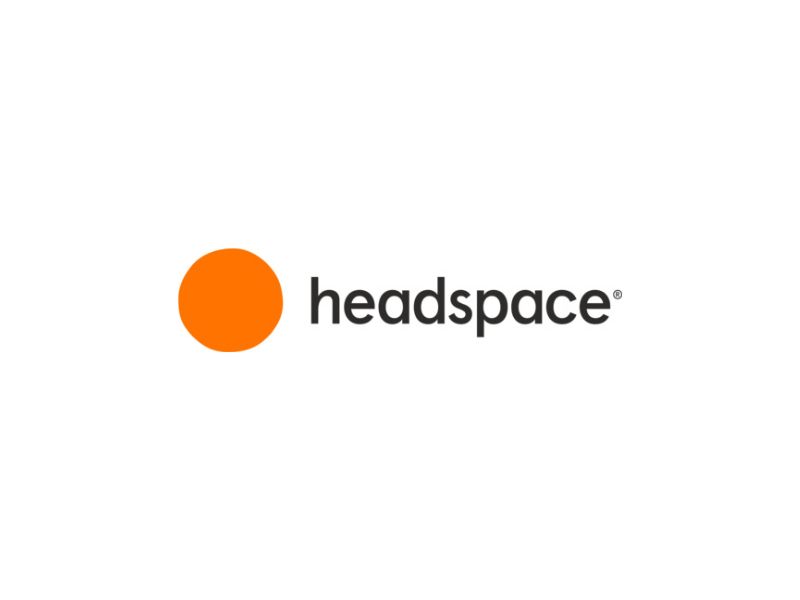Headspace, the world’s most accessible and comprehensive mental health platform, has officially announced the launch of Therapy by Headspace, which happens to a direct-to-consumer therapy service geared towards conceiving affordable, evidence-based care for over 90 million Americans across all 50 states.
To understand the significance of such a development, we must take into account one recent study conducted by Headspace and YouGov. In essence, this study revealed that more than 74% of adults aged 18-45, who are in or considering therapy, face barriers preventing them from starting or continuing, with nearly half (47%) reporting cost as the top barrier. This inaccessibility causes many to turn to informal support systems like friends and family (50%) or AI chatbots (10%).
“Unlike other platforms that offer therapy in isolation, we’ve built an experience where your licensed therapist works hand-in-hand with empathetic AI support and a robust library of content that’s available 24/7,” said Tom Pickett, CEO of Headspace. “Our goal is to be the companion people trust not only as a therapy provider, but also as a guide through every challenge and milestone in their mental health journey. The future of care isn’t about choosing between human therapists and AI—it’s about seamlessly blending both to deliver better outcomes.”
Talk about the whole value proposition on a slightly deeper, we begin from the promise of affordable insurance-covered therapy. This translates to how most members pay $0–$35 per session via Headspace’s in-network partnerships.
These partnerships entail 45 national and regional insurance plans, such as Cigna, UnitedHealthcare, Optum, and Blue Cross Blue Shield. In case that wasn’t enough, over the coming months, the company plans to add even more in-network plans.
Next up, we have personalized evidence-based care coming into play. This particular offering is inclusive of 1:1 video sessions with licensed therapists trained in treating conditions like anxiety, trauma, mood disorders, and more, using proven modalities like cognitive behavioral therapy, acceptance and commitment therapy, dialectical behavior therapy, and other evidence-based interventions.
Hence, one could be dealing with depression, anxiety, relationship challenges, or other mental health concerns, Headspace therapist can help gain insight, build resilience, and feel more like themselves again. In fact, after as few as six weeks with Headspace, 72% of members markedly report decreased anxiety symptoms and 75% report decreased depression symptoms.
Rounding up highlights would be the availability of an ecosystem focused on providing support between sessions. You see, members can access three months of complimentary access to the full Headspace app, which offers thousands of hours of meditations, sleep and stress exercises, and ongoing support from Ebb, an empathetic AI companion.
For better understanding, Ebb is designed to offer real-time emotional support, personalized conversation, and content recommendations like meditations or breathing exercises from the Headspace library.
Among other things, over the near-term future, Headspace will roll out AI-driven assessments, and at the same time, generate personalized care plans for each member. As needs evolve, members will also stay engaged through real-time progress tracking, goal setting, and timely support from Ebb, who will connect them to the right type of support within Headspace’s network, be it therapy, guided courses, sleep content, or other skill-building exercises.
Among other things, we ought to mention that, if your insurance doesn’t cover Therapy by Headspace, you have the option to pay out-of-pocket at $149 per session. Apart from that, you can also access Headspace through your employer.
“Our licensed clinicians help people through their darkest moments and help them rediscover hope and resilience they thought they’d lost. This work takes deep clinical expertise and human compassion, which our therapists bring to every session,” said Jenna Glover, PhD, chief clinical officer, Headspace. “Through hundreds of thousands of sessions delivered over the years, we’ve learned that when people have continuous support reinforcing their therapy work—through guided meditations, personalized exercises, and an AI companion that understands their specific challenges—they maintain momentum between sessions and see lasting results faster.”






